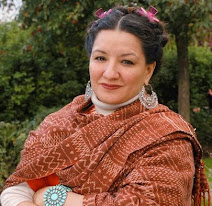"Thirty- Eight Who Saw Murder Didn’t Call the Police" by Martin Gansebrg- BA/BASW/BBS note-C. English

"Thirty- Eight Who Saw Murder Didn’t Call the Police" by Martin Gansebrg Martin Gansberg a native of Brooklyn, New York, was a reporter and editor for the New York Times for forty-there years. The events reported here took place on march 14, 1964 as contemporary American culture was undergoing a complex transition. Millions of murders are committed in the United States every year. We see these stories on the news, in newspapers, and sometimes in our own neighborhoods. Sadly, there are people who go into the world and kill their fellow man and sometimes without remorse. The only way that we can prevent these events from happening again or at all is to bring these criminals to justice. In most cases there are witnesses who see the crime or have some leads that help solve the crimes. Usually witnesses call the police and try to help the person in trouble, but this case is different. In the murder of Catherine Genovese, there were thirty-eight witn...

